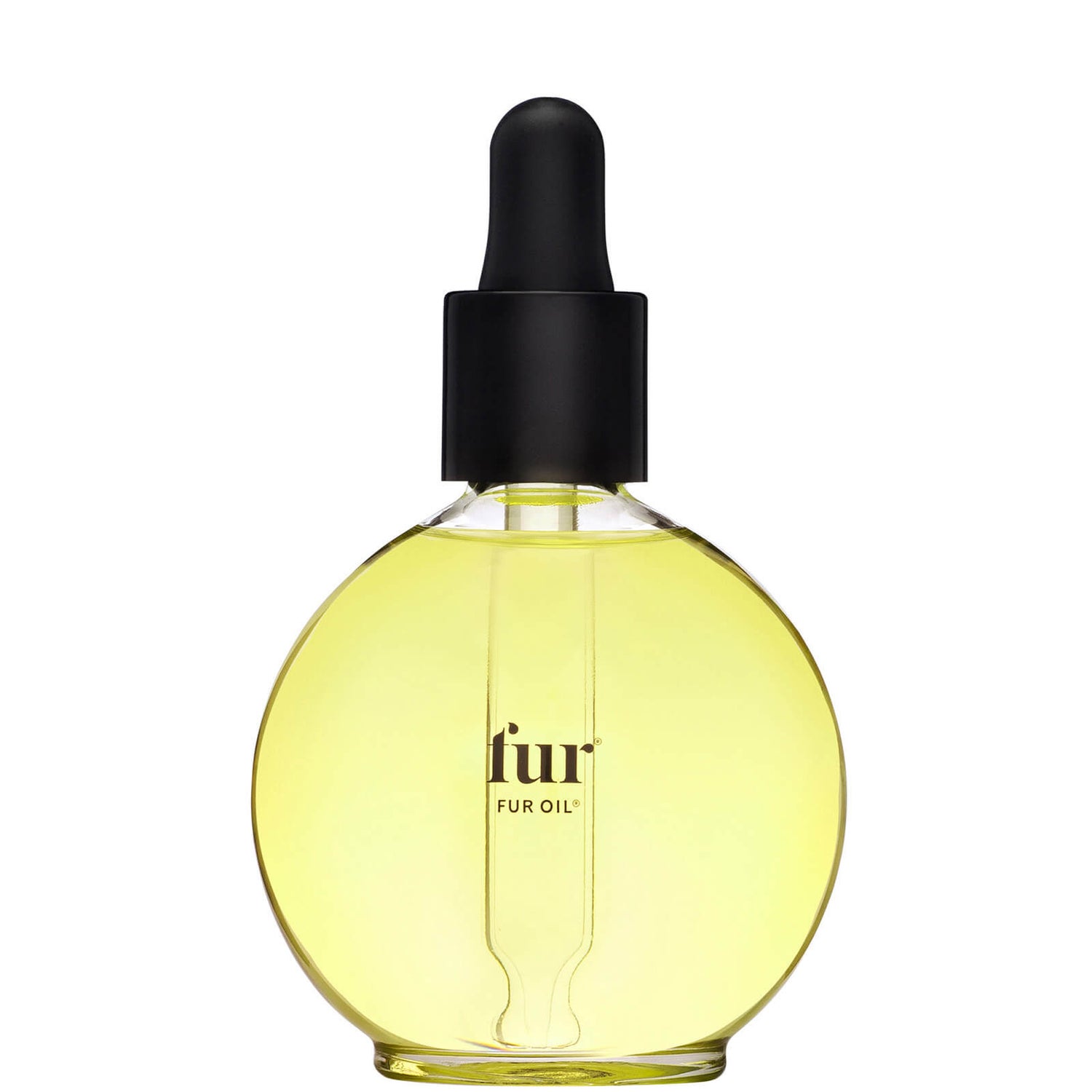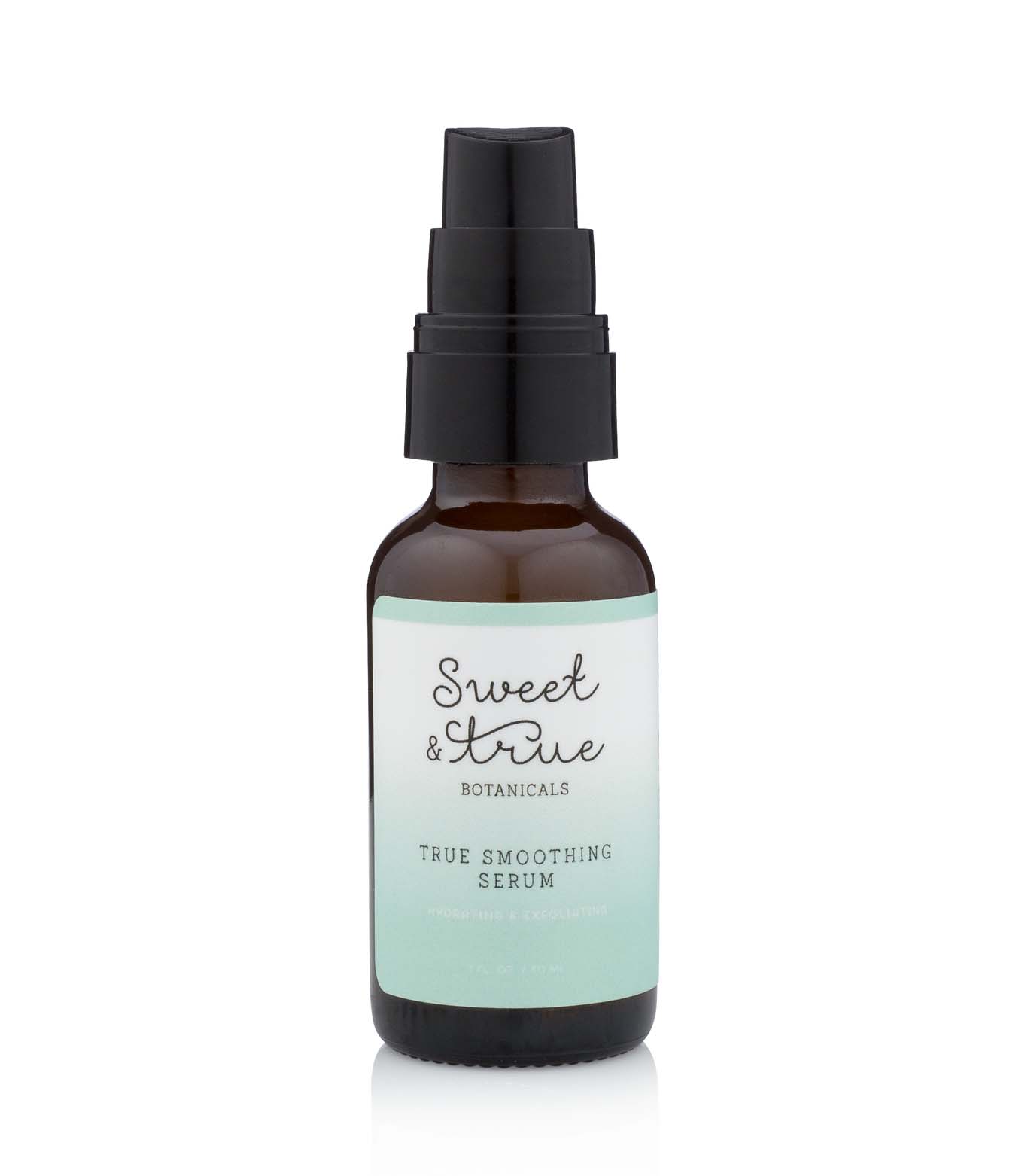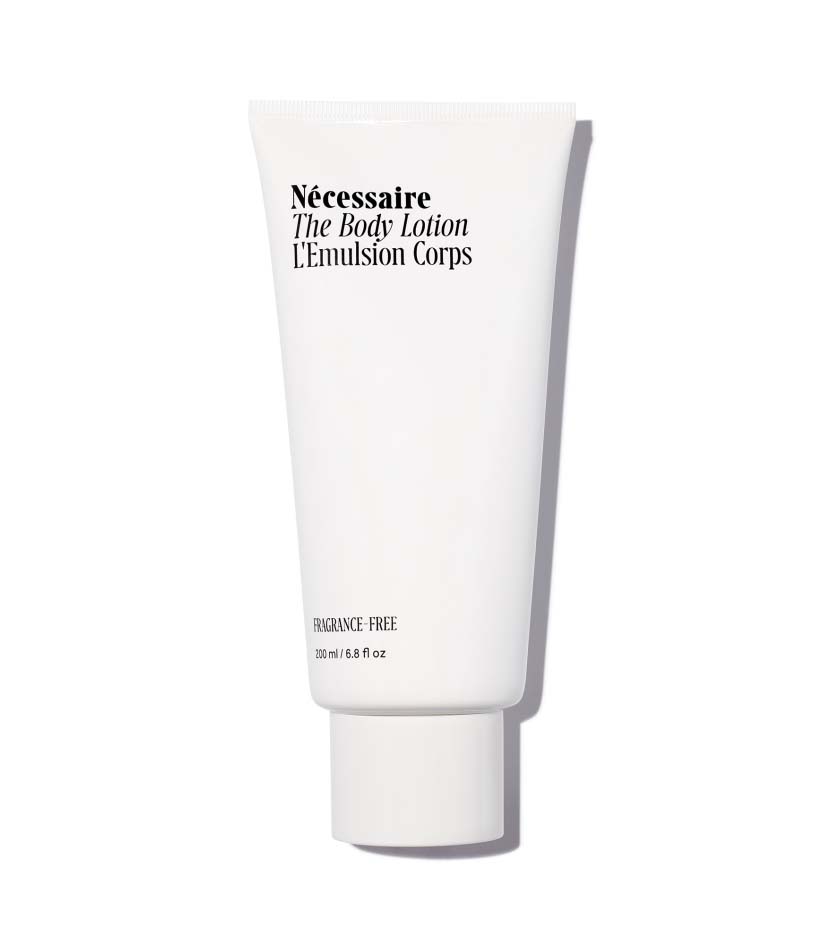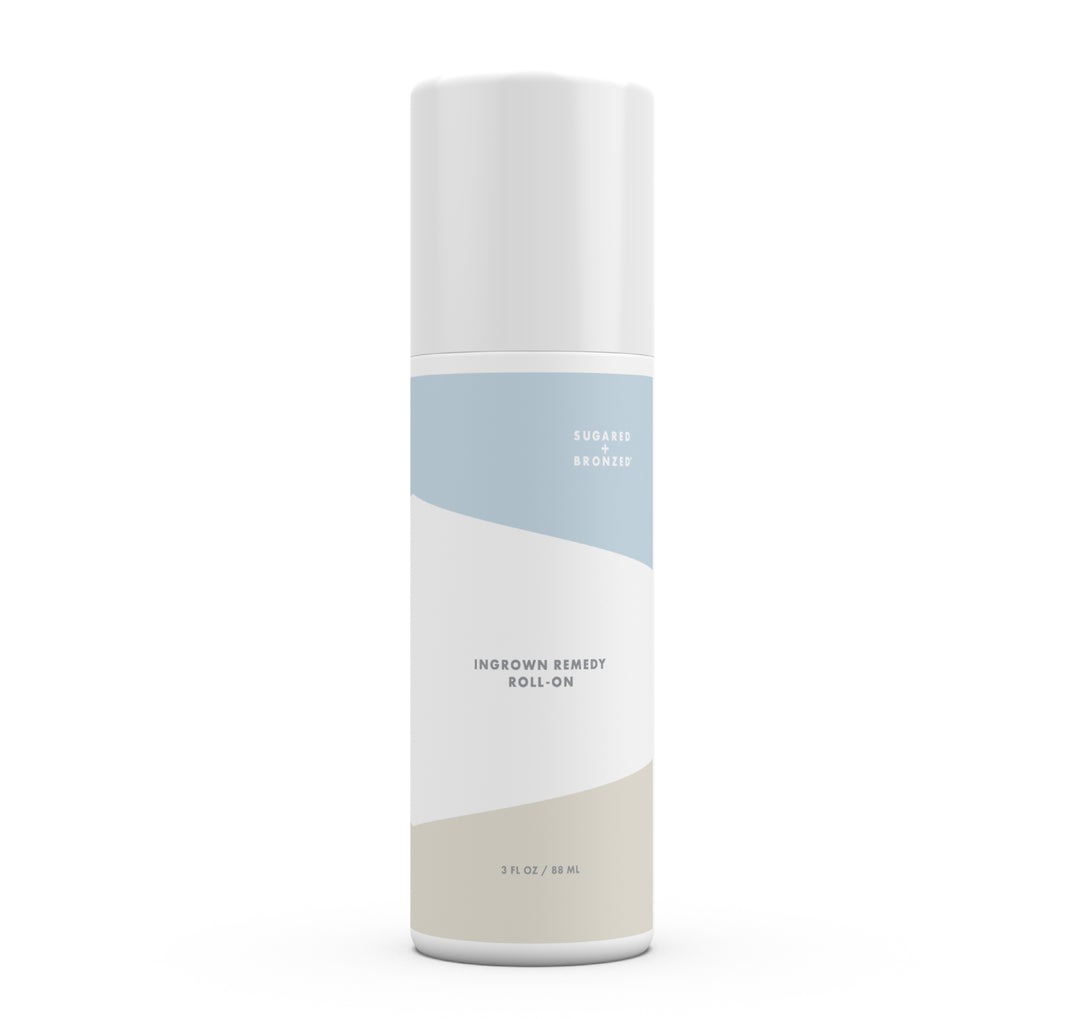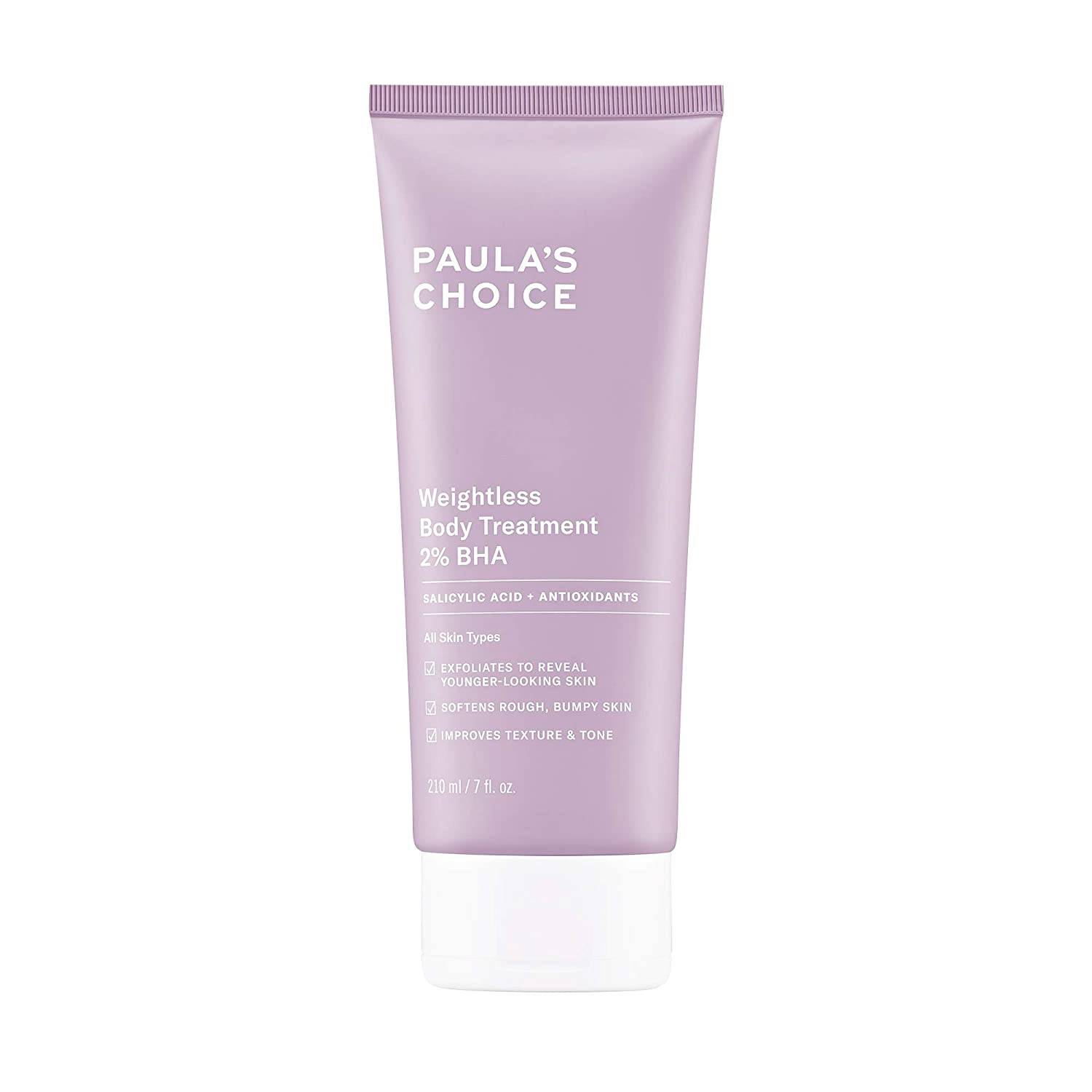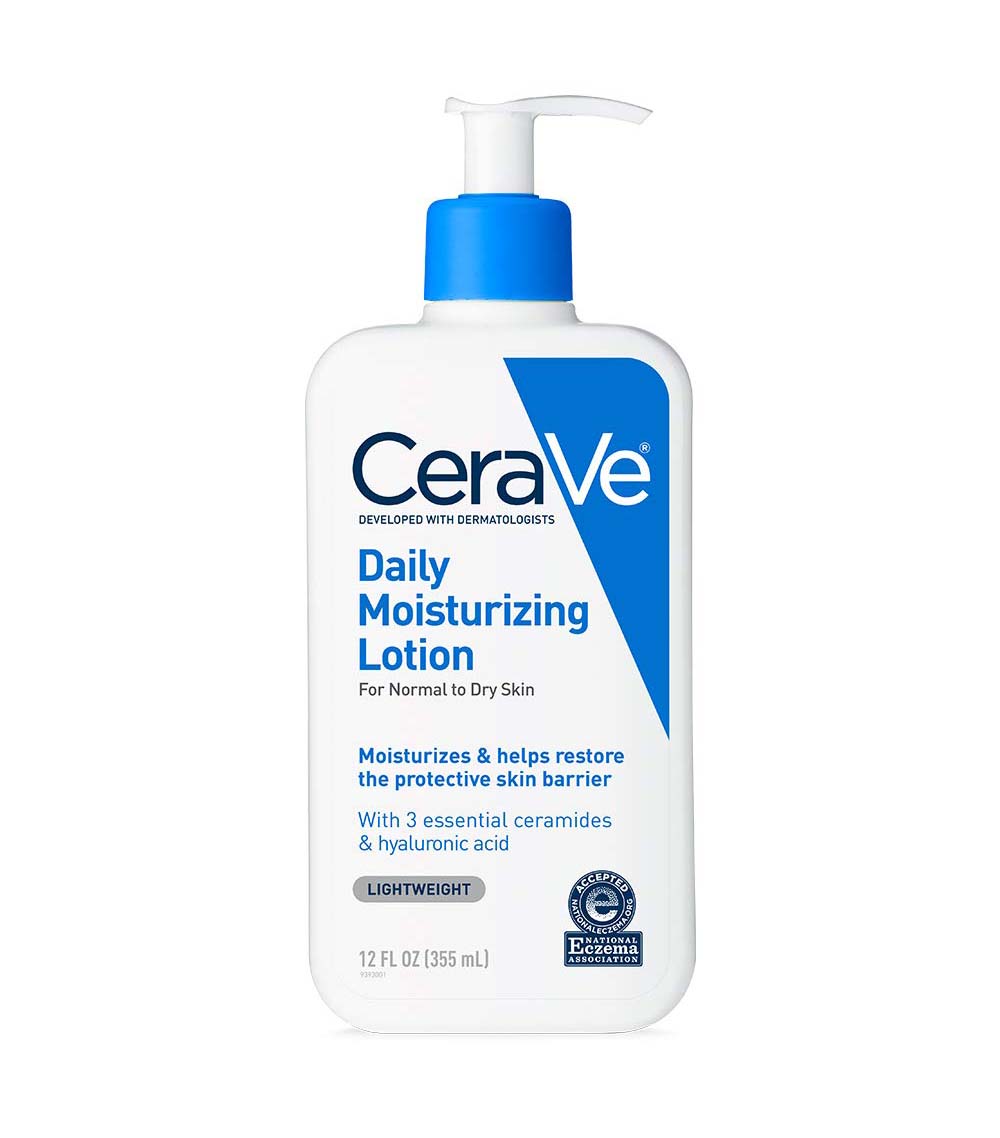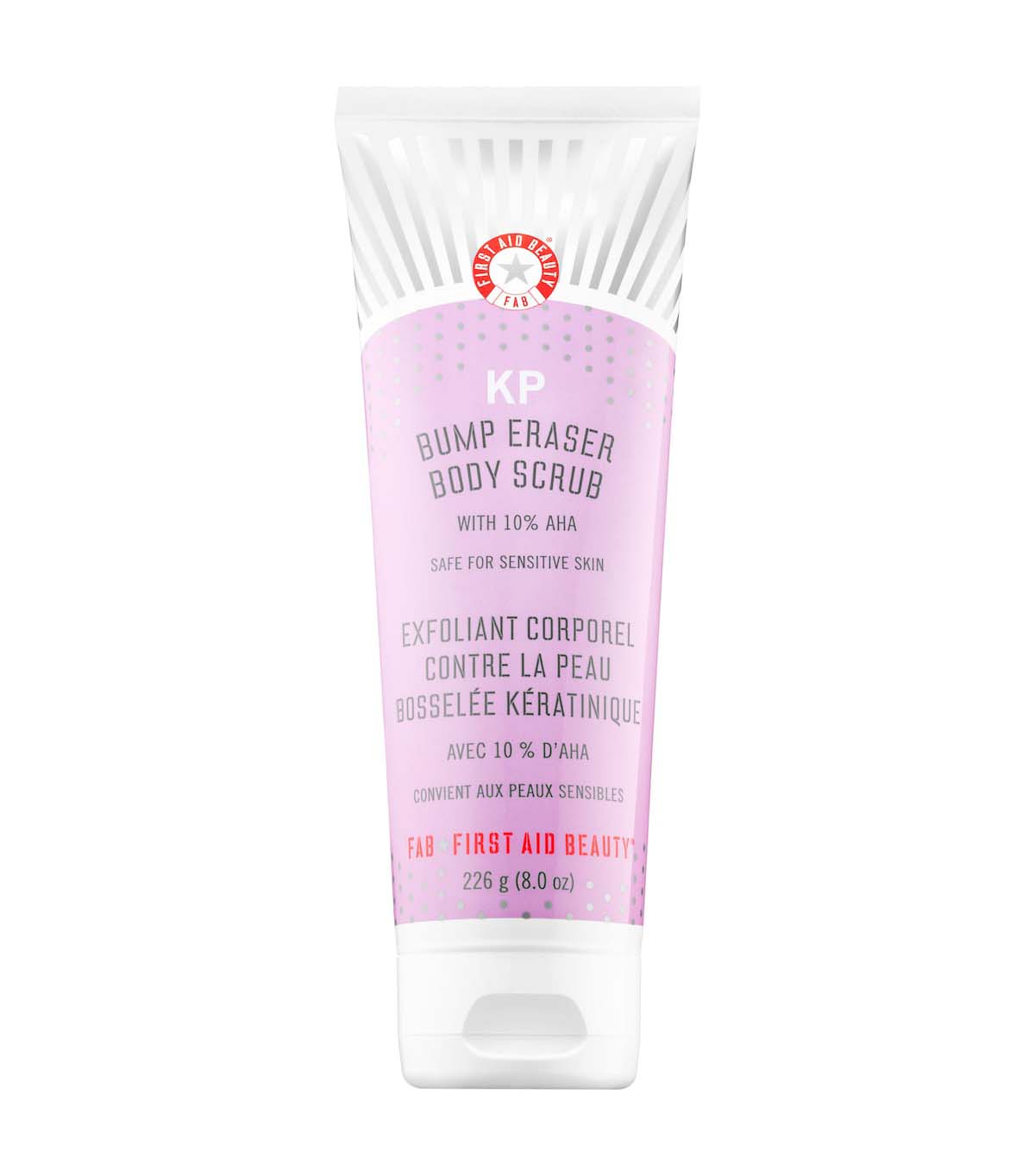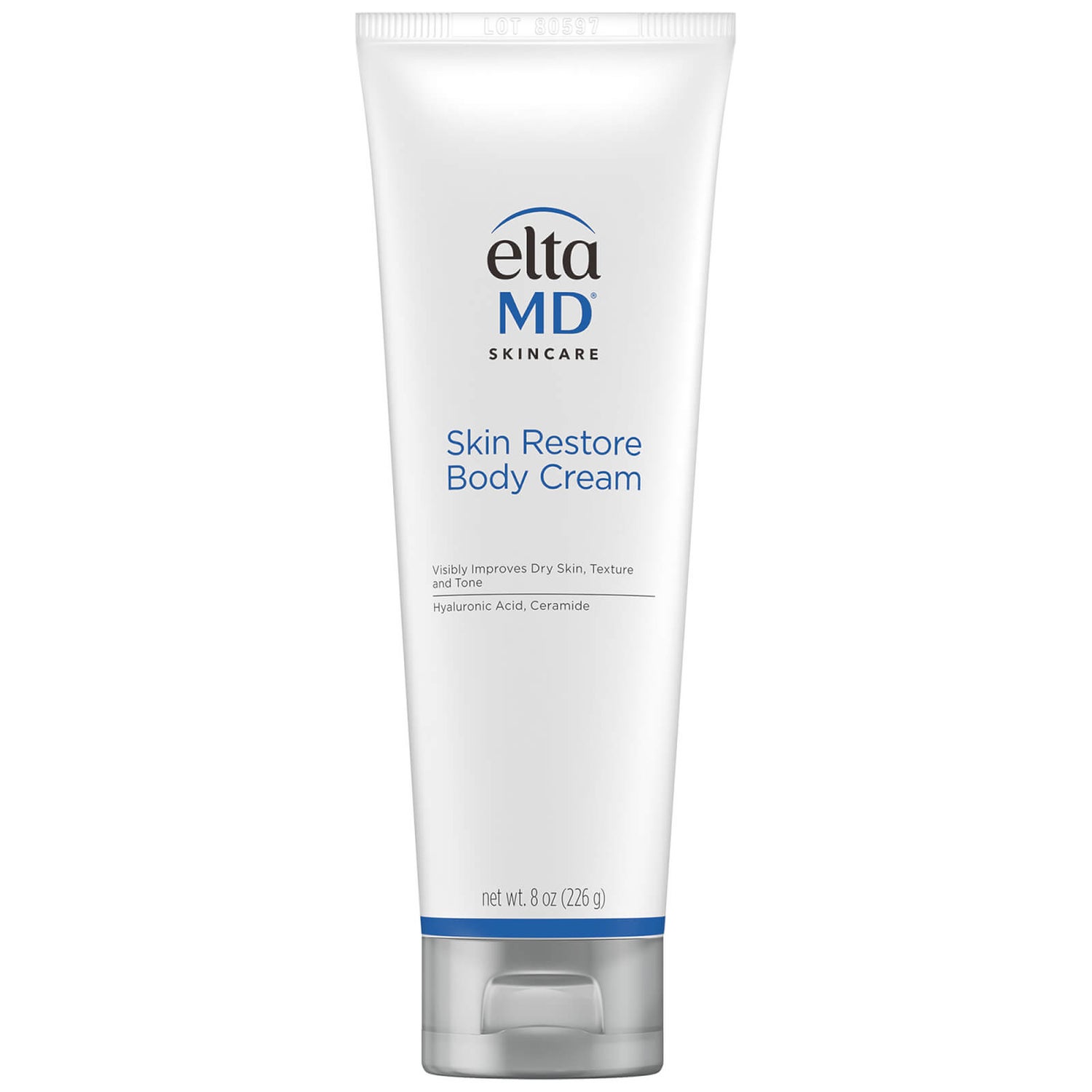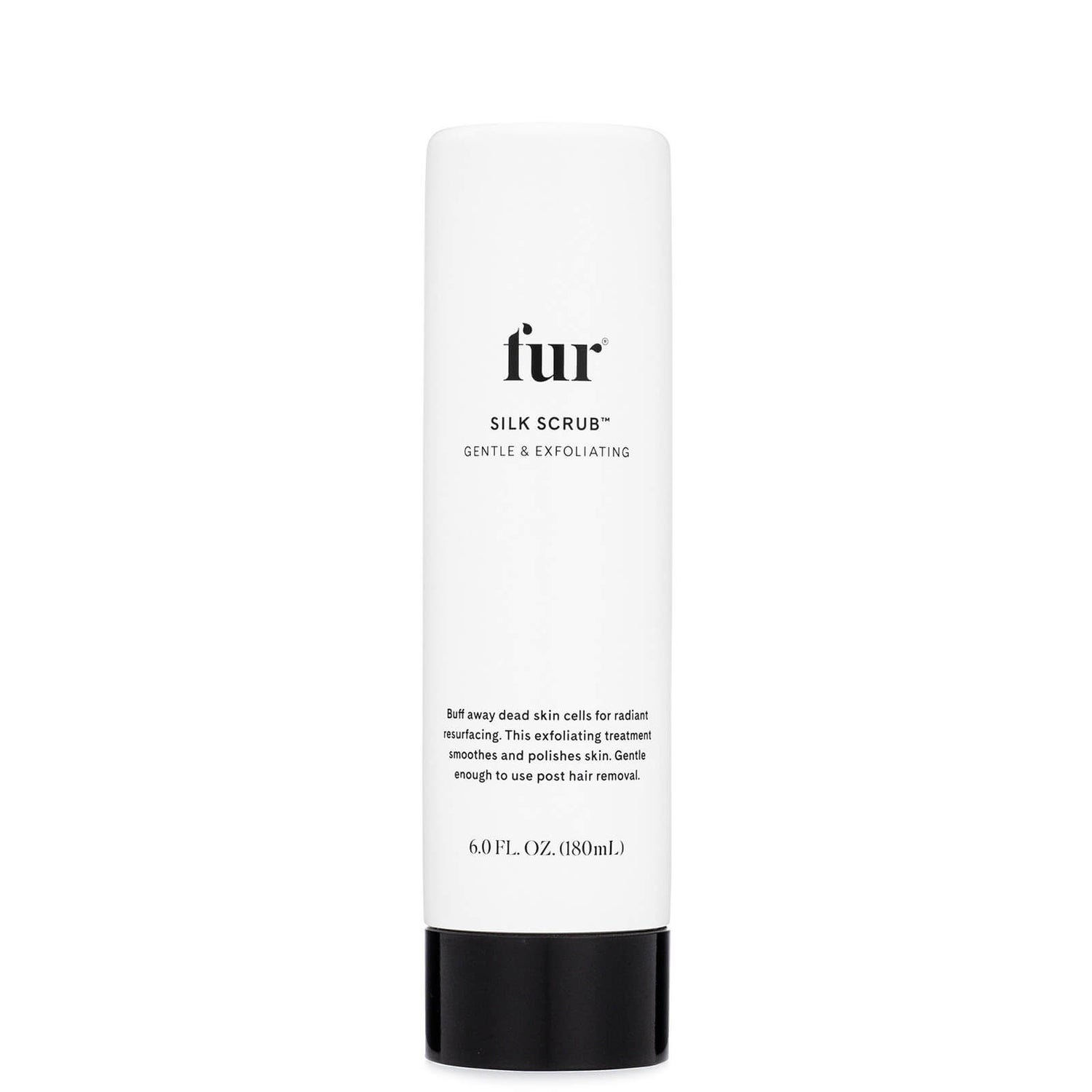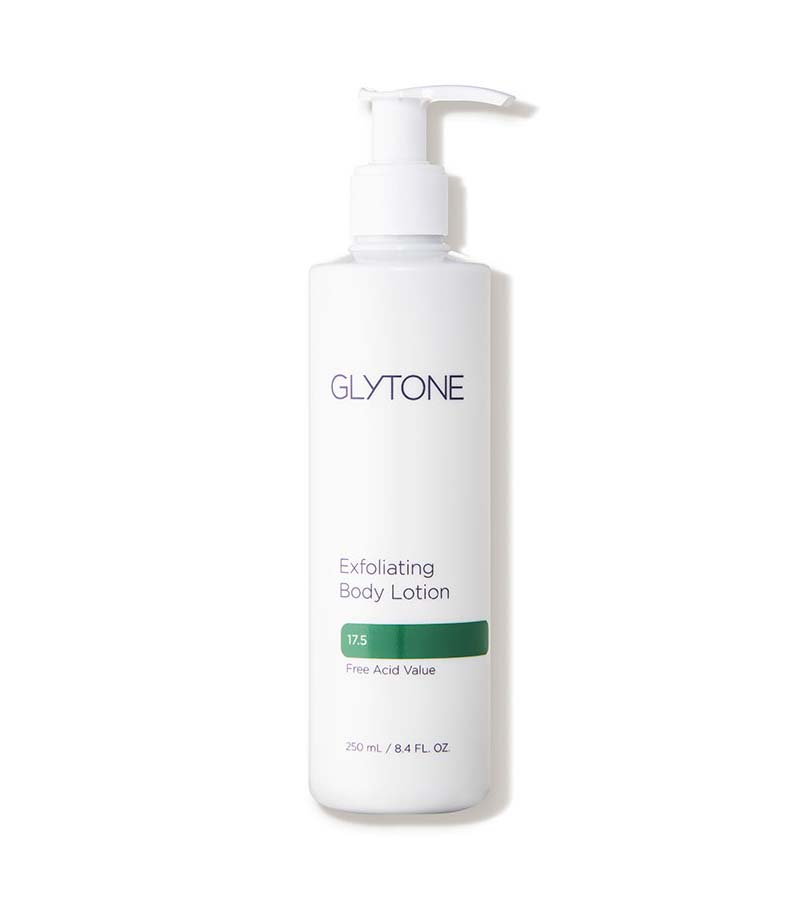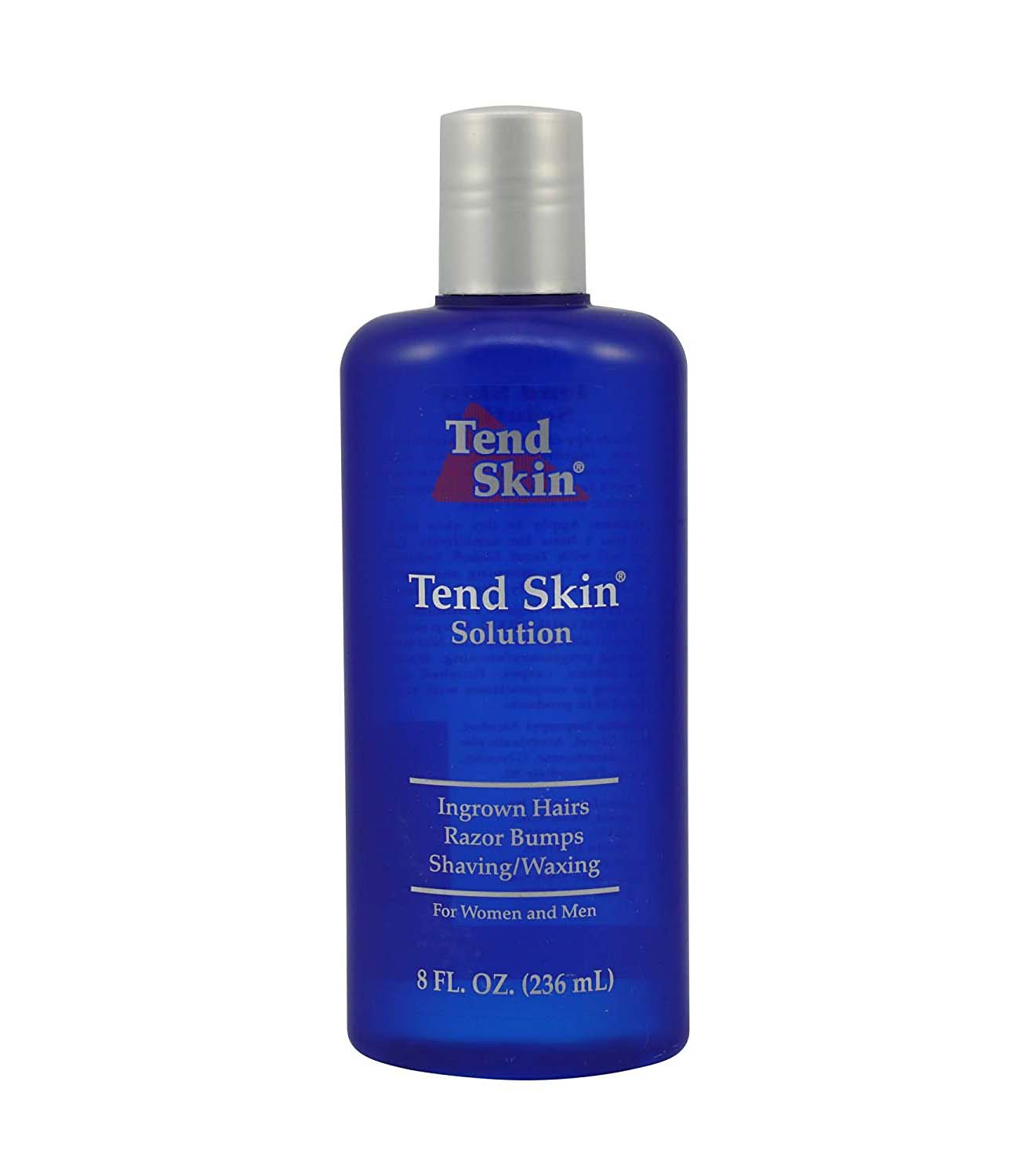Is Sugaring Less Painful Than Waxing? I Have Sensitive Skin, so I Tried It

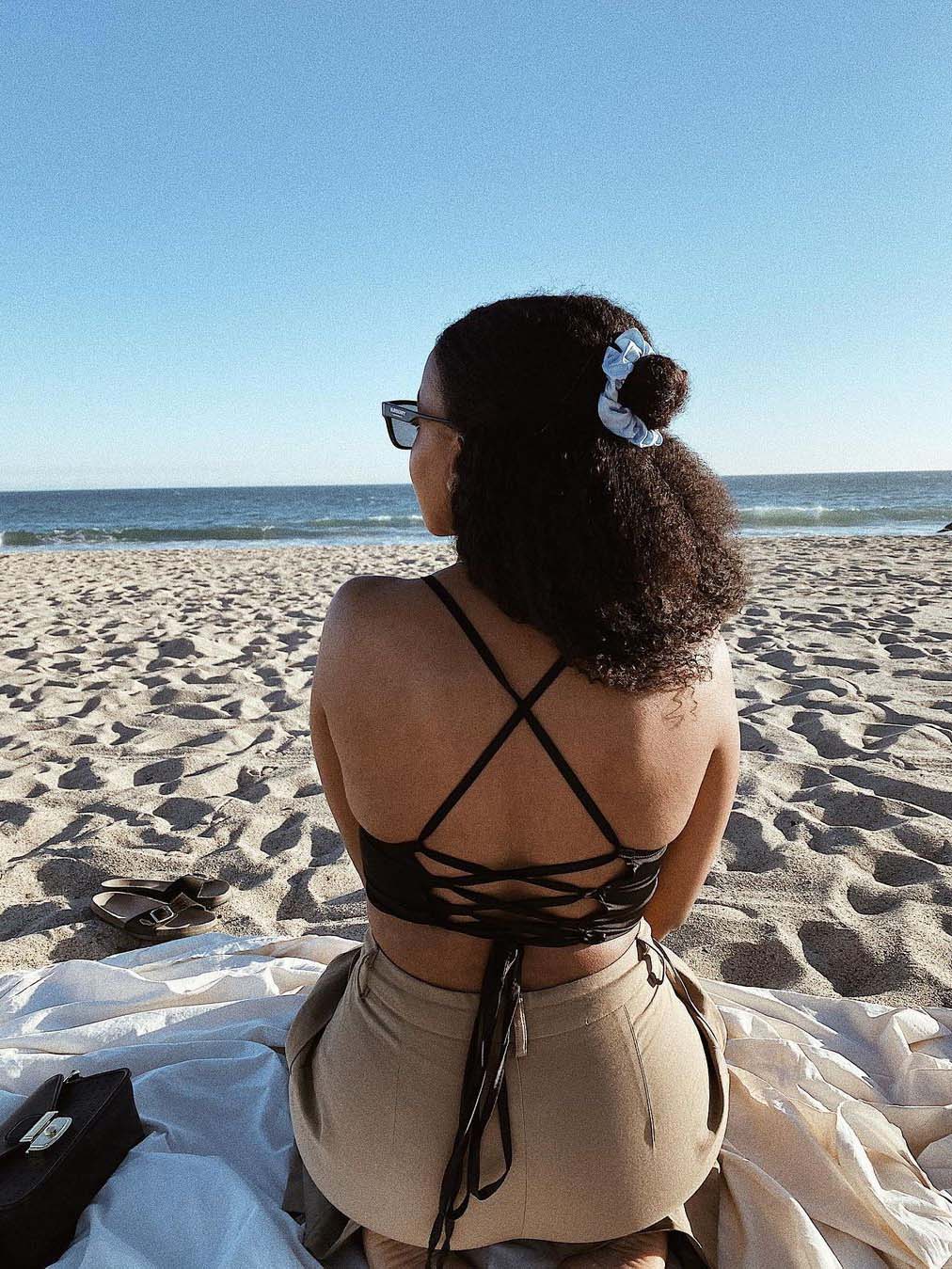
You probably have your hair-removal routine down precisely. Maybe you shave, you might frequent the waxing salon, or you've already got it all lasered off. On the other hand, maybe you like going au naturel. Whatever your preference, we don't judge.
As for myself, I'm a waxing and shaving gal. I wax my brows and bikini area, I shave my armpits and legs, and I use a $20 hair-removal device on my mustache. Glamorous, I know. I never really gave that much thought to other options because I was too lazy to do the research and because my methods seemed to be working.
On a recent research deep dive into another beauty story I was working on, I came across the sugaring method for hair removal. I had heard of it before but didn't really think much of it. I thought it was pretty much the same as waxing. Then, I read that it might be less painful than waxing, and my ears perked up. I've gotten waxed enough times that I don't think the whole procedure is super painful or uncomfortable, but something that is even easier than that? Sign me up. Of course, I had to find out more.
Here, find everything you need to know about sugaring for hair removal: the pros and cons, the derm-backed maintenance tips, and a personal review.
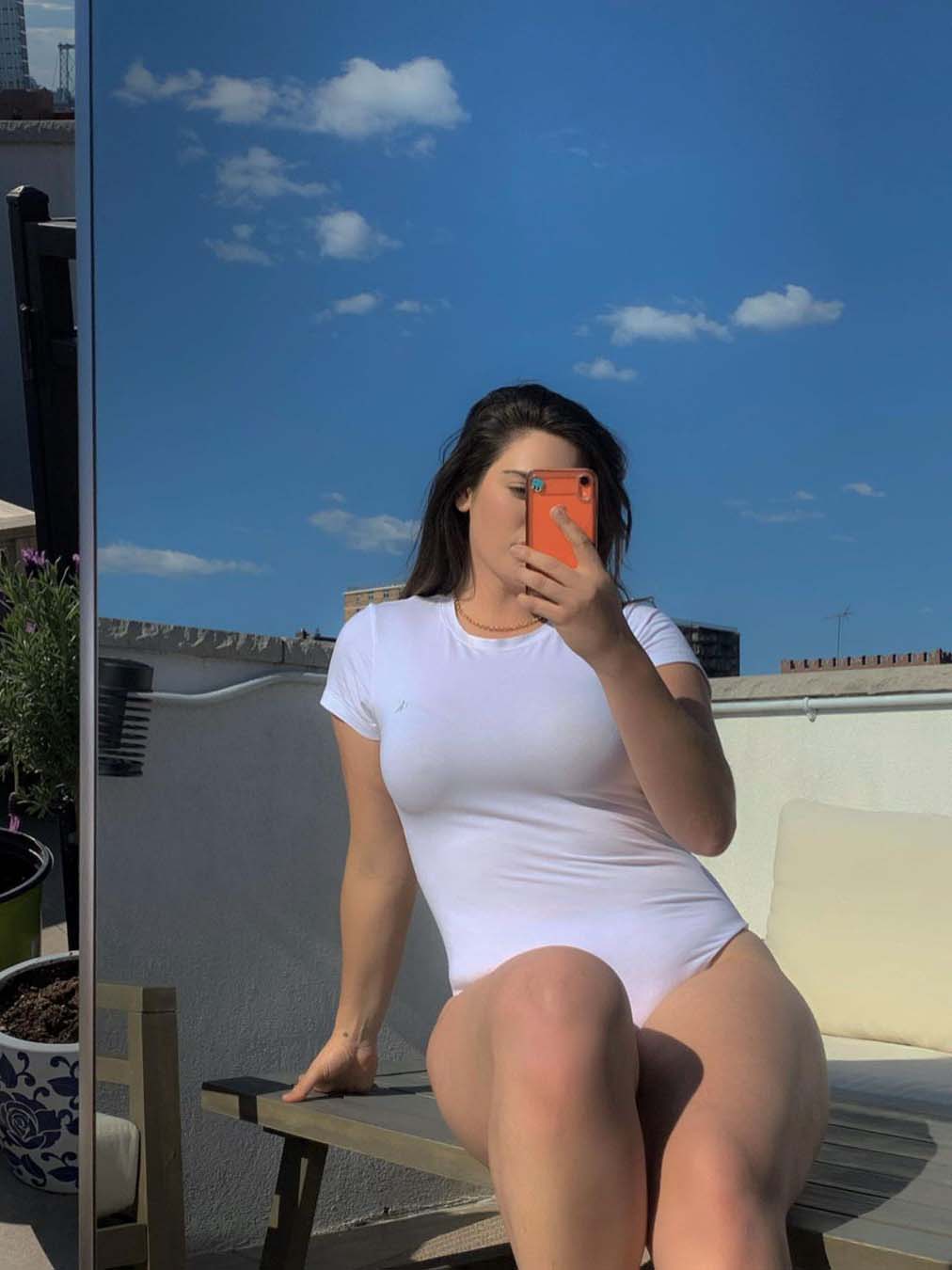
What is sugaring?
It turns out that sugaring has been around for centuries and dates back to ancient Egypt. "The practice is a much less abrasive method of hair removal that uses a paste containing only sugar, lemon, and water," says Tami Blake, esthetician and founder of Sweet True Sugaring Co. and True Sugaring and Skincare. "The treatment is performed using a ball of paste that looks like thick honey that's applied by hand and molded into the hair follicle. With a quick flick of the wrist, the paste and hair are removed in the same direction of growth. Clients will still feel a slight sting from the root of the hair being removed from the tiny pore, but there will not be that lasting burning sensation that's experienced when using hot wax."
The technique can be less irritating, longer-lasting, and not as discomforting compared to traditional waxing. You can get all different parts of your body sugared: arms, legs, underarms, back, chest, face, and bikini area. Blake says Brazilian sugaring procedures are very popular at her salon.
Sugaring and waxing are pretty similar procedure-wise, explains board-certified dermatologist Ife Rodney, MD, FAAD, of Eternal Dermatology and Aesthetics. Compared to other hair-removal techniques, it also might be more effective. "Methods like shaving remove only the hair above the skin surface, so it tends to grow back quickly," Rodney says. "Hair-removal creams can be painful and damage both the skin and hair follicles. While laser hair removal provides long-term results, it is much more costly."
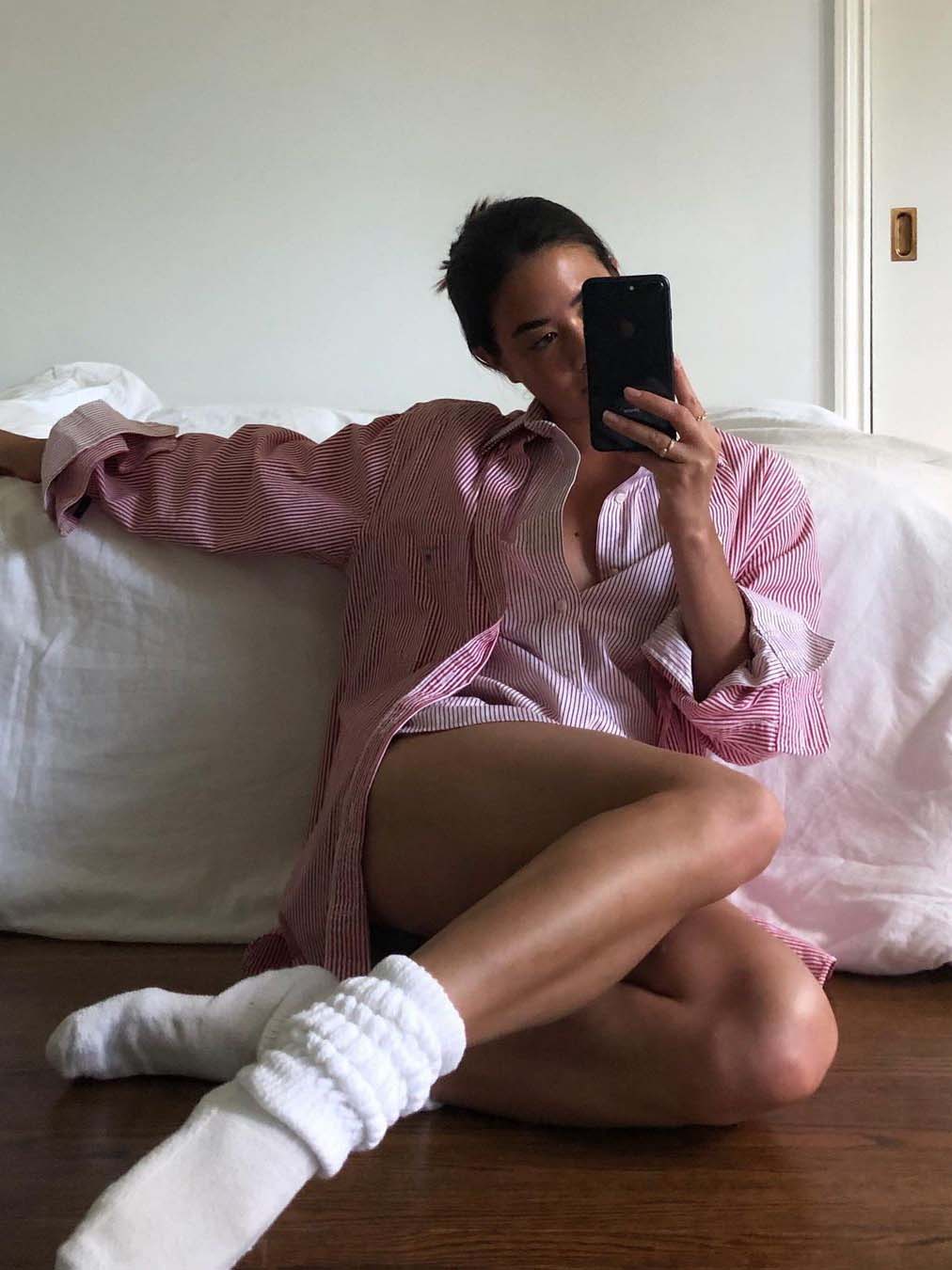
The Pros of Sugaring
While sugaring may be similar to waxing, there are a lot of benefits that make it stand out:
- It's all-natural: "With a formula of just sugar, water, and lemon, it's 100% biodegradable and better for the planet," Blake says.
- It's less painful: "Because sugaring paste is applied at a lower temperature than wax and hair is removed in the direction that it grows, the skin is less irritated and red," Blake says. "Clients will still feel a slight sting from the root of the hair being removed from the tiny pore, but there isn't that lingering burning sensation wax leaves since sugar paste doesn't have resins to grab the live skin like wax. Sugar only grabs dead skin and hair."
- You'll get fewer ingrown hairs: "This technique smoothly pulls the hair out in the same direction of its growth. As a result, sugaring is less painful and helps to prevent ingrown hairs from forming," Rodney explains.
- It's gentle: Because of that, sugaring can also be applied multiple times to the same spot during the same session, Rodney adds.
- It exfoliates the skin: You also get a similar benefit when you wax. Rodney says sugaring helps unclog pores and removes excess residue from the hair follicle.
- It's good for sensitive skin: It's good for sensitive skin and safe for people with eczema and psoriasis.
- It can get at shorter hairs: With waxing, it's best if you have quarter-inch-long hair, but sugaring can remove hairs that are a sixteenth of an inch.
- It doesn't burn: The mixture is not applied to the skin hot, unlike wax.
- You'll get a smoother feel: "Sugaring provides a smoother, longer-lasting result because the hair is removed from the follicle in the direction of growth, minimizing breakage," Blake says.
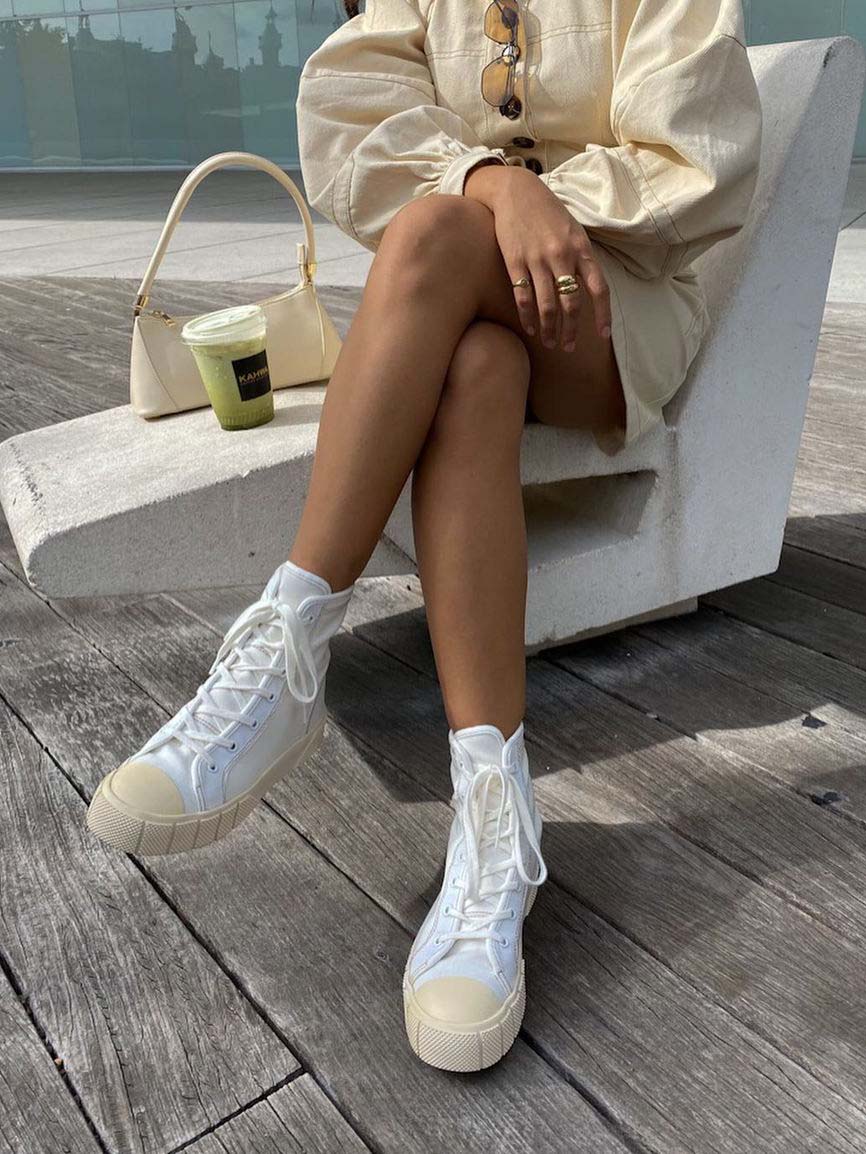
The Cons of Sugaring
Because nothing is perfect, there are some drawbacks to sugaring.
- Not as quick: "Sugaring is more time-consuming compared to waxing," Rodney says. "While sugaring involves reapplying the thick sugar paste to the entire area of skin, waxing is a one-time application of the wax and strip, making it a faster process."
- Not the best for coarse hairs: Rodney adds that sugaring might not be as effective on thick, coarse hair.
- Not as widely available: Sugaring is still a relatively new procedure in the U.S., Blake says, so finding a well-trained esthetician can be tough. "Having a less-than-perfect sugaring experience can be a turnoff, so do your research and ensure that your sugaring professional has been professionally trained, has positive online reviews, and knows what they are doing," she says.
- Might be more expensive: As for cost, Blake says it can be roughly the same as a waxing procedure but might be slightly higher depending on the type of service.
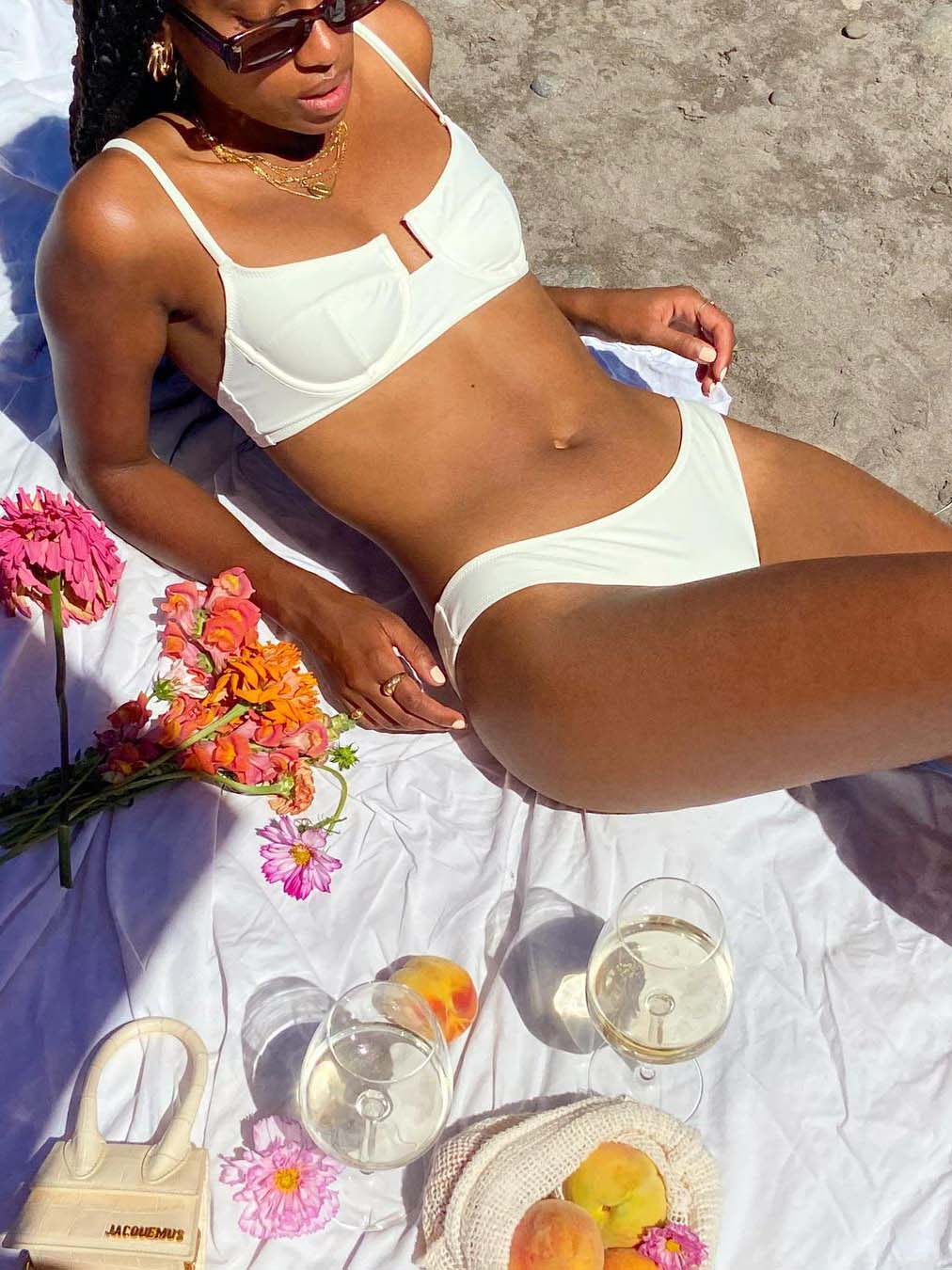
How long does it last?
"Sugaring can last between four to six weeks, depending on the area waxed," Rodney explains. "Your body's natural hair growth rate also plays a part. The treatments become more effective with time, and you'll see that the hairs grow back finer and more slowly. This means fewer sessions and more hair-free days."
A Beauty Editor's Review
Who What Wear senior beauty editor Jamie Schneider has never been sugared, so she booked a Brazilian appointment at Sugared + Bronzed. Here, she documents her full experience.
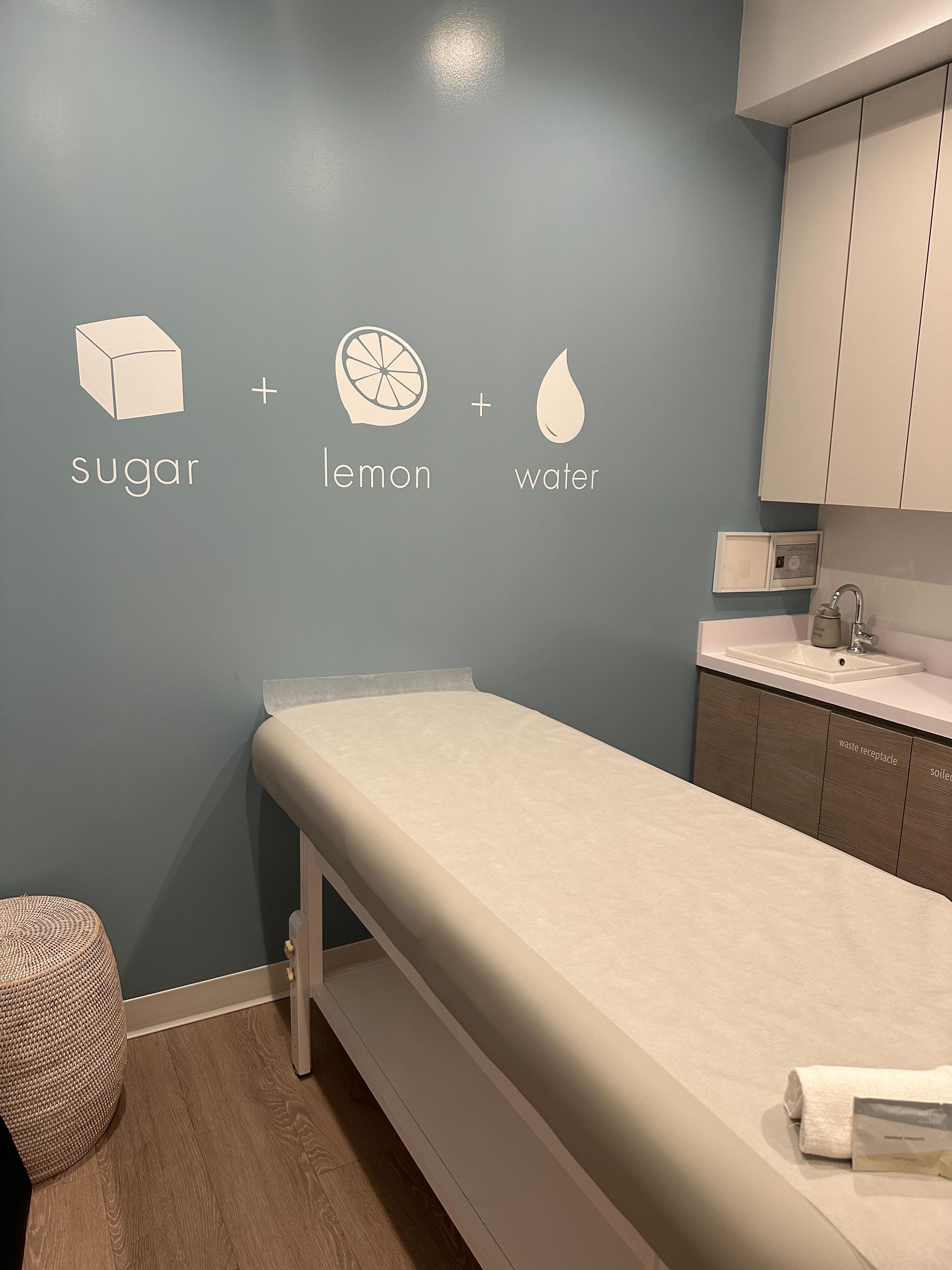
"Let me start by saying that I have easily reactive skin. Most waxing appointments leave me beet red and tender for at least a few hours, so I'm a pretty good candidate for the sugaring-curious crowd with sensitive complexions. Note, I did get my bikini line lasered over 10 years ago, which has made my hair much finer and easier to wax.
"My esthetician, Tess, escorted me to a private room, where I undressed and laid down on a parchment paper covered treatment table. She put on gloves, dusted cornstarch on the sugaring area to dry it out, then smeared the ball of warm, sticky sugaring paste on the first strip of skin."
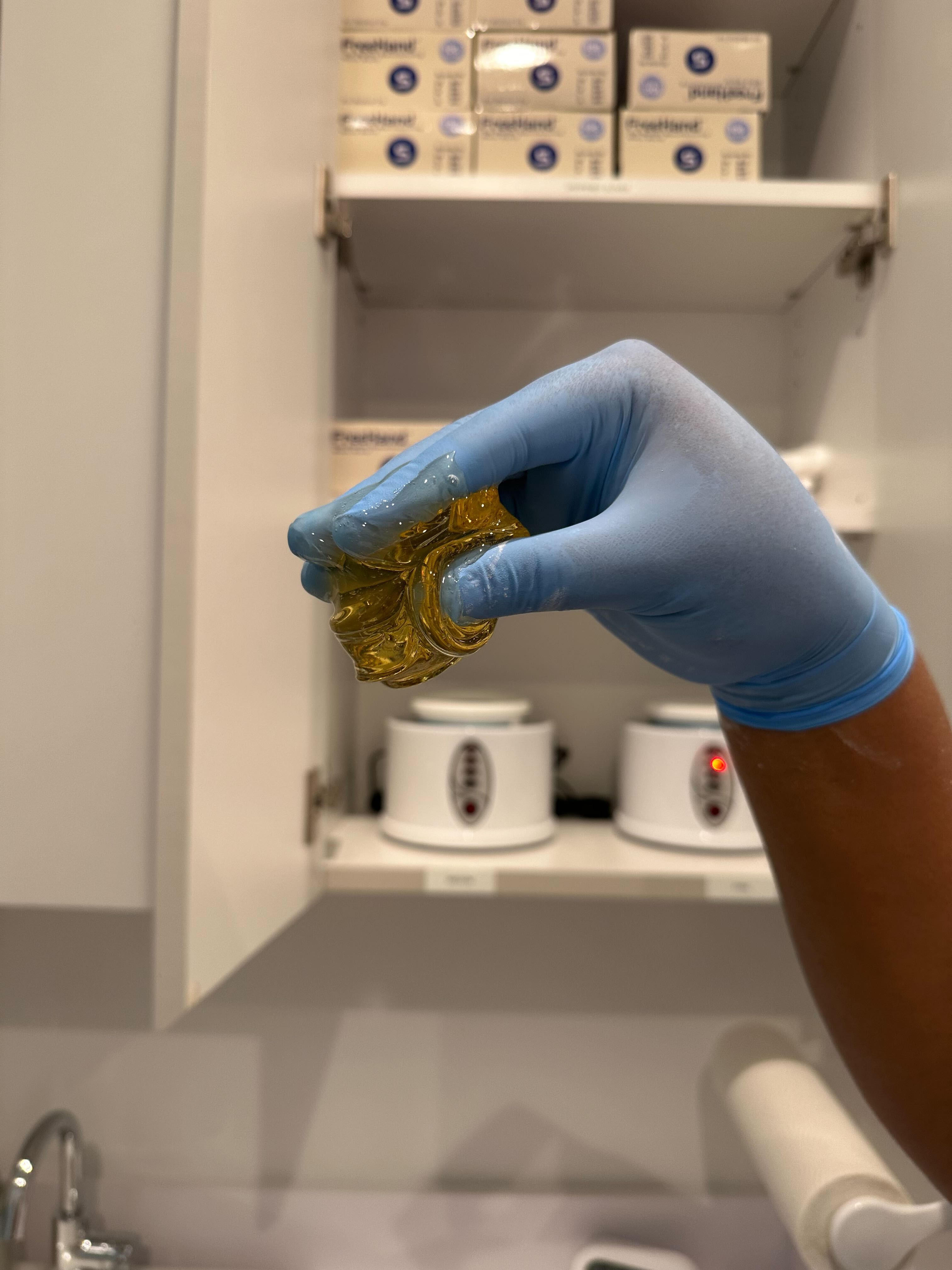
Here's what a glob of clean sugaring paste looks like!
"I'll be honest with you: Sugaring is not completely painless. It actually can get a bit spicy, especially on more sensitive areas of skin, but Tess instructed me through some breathing cues that really helped during each pass. I'd rate it a six out of 10 in terms of pain level. That said, you might have an easier time if you regularly get waxed. I typically shave, so my hair has an irregular growth pattern, which can make getting sugared the first time more painful.
"Just one ball of sugaring paste was all Tess needed to remove every last hair. If she needed more from the jar, she would toss the first glob and apply a new set of gloves before grabbing. That way, there's no double-dipping involved or any chance of contamination. After removing the hair, she cleaned up any lingering stickiness with a cool, damp cloth, then applied a soothing (and very welcome) witch hazel solution on my skin before leaving me to dress. I was out the door and on my merry way in about 20 minutes.
"The pain level is pretty similar to waxing. However, my skin was way less red compared to any Brazilian wax I've received. It turned a little pink, but that went away in minutes as opposed to hours. I suppose that's because sugaring paste is far gentler on the skin than hard wax, and it's applied at a much lower temperature. Yes, I'd definitely get sugared again! I did have to grit my teeth a bit from the stinging sensation—as with any professional hair-removal procedure—but it will only get smoother with more sessions."
Can I go the DIY route?
While there are some at-home waxing kits, sugaring at home is not recommended, according to Rodney. "It's best to leave sugaring to an esthetician or hair-removal expert," she says. "The sugar mixture needs to be mixed precisely and used at the right temperature. Sugaring also needs a specific wrist technique for the best results, or you can end up in a frustrating, sticky situation. A trained professional ensures that the process is not only enjoyable but also safe."
FAQ
Is sugaring hair removal better than waxing?
Ultimately, it's all up to personal preference. Sugaring is typically a gentler experience than waxing, so it's well suited for those with sensitive skin. That said, waxing is usually faster and better for those with thick, coarse hair.
Can sugaring remove hair permanently?
No, not permanently. You'll notice your hair growing back in three to four weeks.
Is sugaring really painful?
It's not necessarily really painful, but it's not completely painless. If you're used to the pain level associated with waxing, you'll be totally fine. Some even swear sugaring is lower on the pain scale! If it's your first time with professional hair removal, sugaring might be a little spicy, especially if you're treating more sensitive regions like the bikini area.
Is sugaring okay for pubic hair?
Yes! Our senior beauty editor received a full Brazilian sugaring procedure.

How to Prep for a Sugaring Appointment
There's not much you need to prep before getting sugared. That said, you do need to quit shaving for a few days before your appointment. Experts say each hair should at least be as long as a grain of rice. If you know you have a low pain tolerance, Schneider's esthetician says you can take an ibuprofen beforehand to help with that tenderness. She also recommends skipping caffeine until after your appointment if it makes you feel jittery.
Aftercare and Maintenance Tips
In terms of aftercare, experts advise no swimming, soaking, or intimacy within the first 24 hours. You also shouldn't exfoliate freshly sugared skin since the sugar paste already removes all the dead skin from the surface. After the 48-hour mark, you can go back to your regular grooming routine.
That grooming maintenance in between appointments is important, and Blake says it maximizes your results and makes the treatments even more comfortable. First, Rodney recommends using a gentle moisturizer on your skin every day. "This helps to keep the protective skin barrier intact," she explains. "You may be tempted to reach for the razor at the first sign of hair growth, but this can cause skin irritation and ingrown hairs."
Second, you'll want to exfoliate. Blake encourages her clients to address ingrown hair growth by exfoliating with AHA serums while keeping the skin moisturized with creams and other serums. Here are some products that can help with all that.
The Best Products to Maintain Results
This article was originally published at an earlier date and has since been updated.
Sarah is lifestyle writer and editor with over 10 years of experience covering health and wellness, interior design, food, beauty, and tech. Born and raised in Los Angeles, she attended New York University and lived in New York for 12 years before returning to L.A. in 2019. In addition to her work atBest Knockoff Luxury Clothing , she held editor roles at Apartment Therapy, Real Simple, House Beautiful, Elle Decor, and The Bump (sister site of The Knot). She has a passion for health and wellness, but she especially loves writing about mental health. Her self-care routine consists of five things: a good workout, “me” time on the regular, an intriguing book/podcast/playlist to unwind after a long day, naps, and decorating her home.
